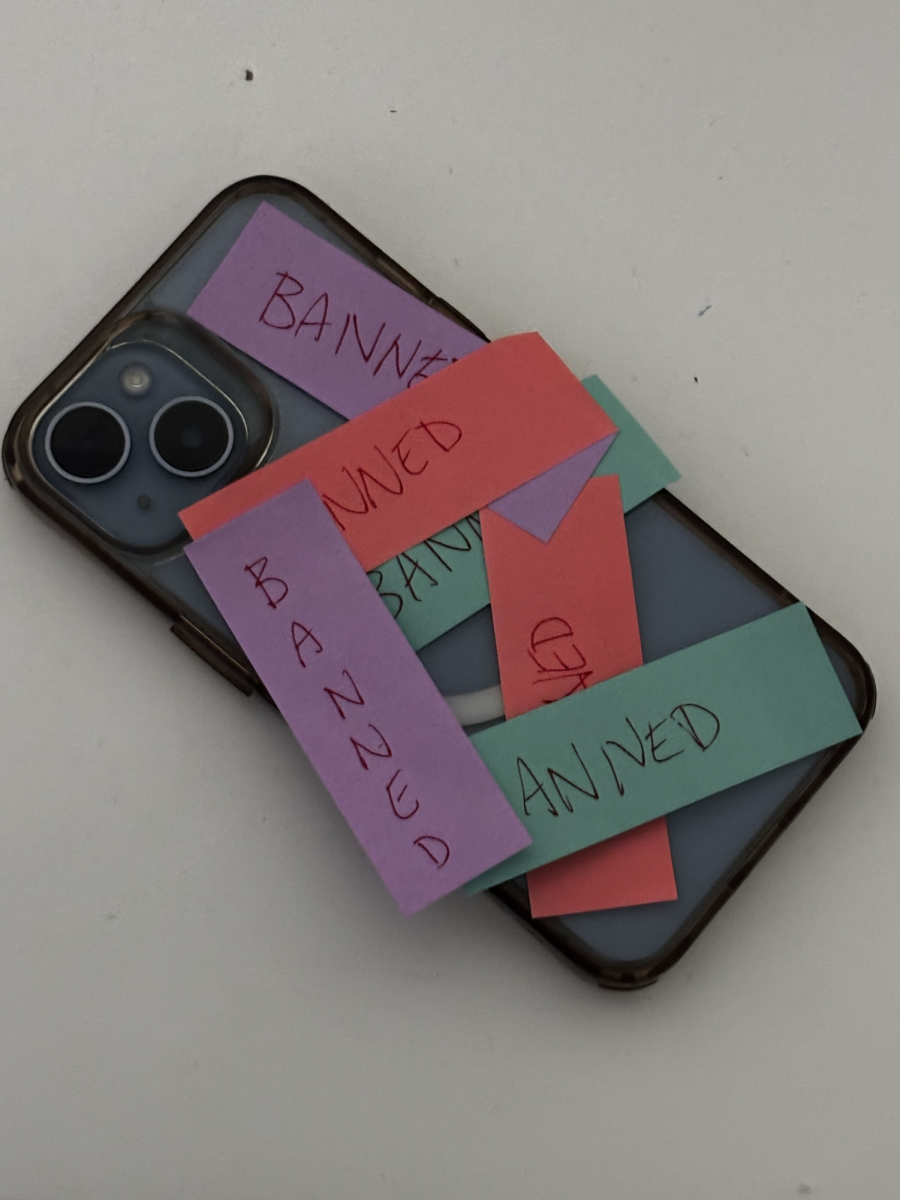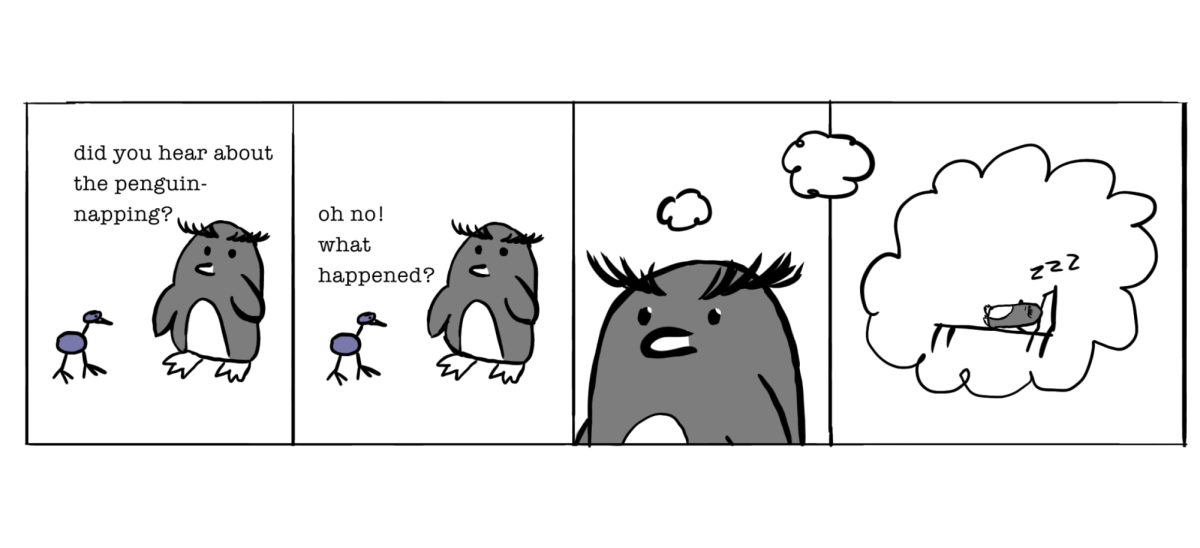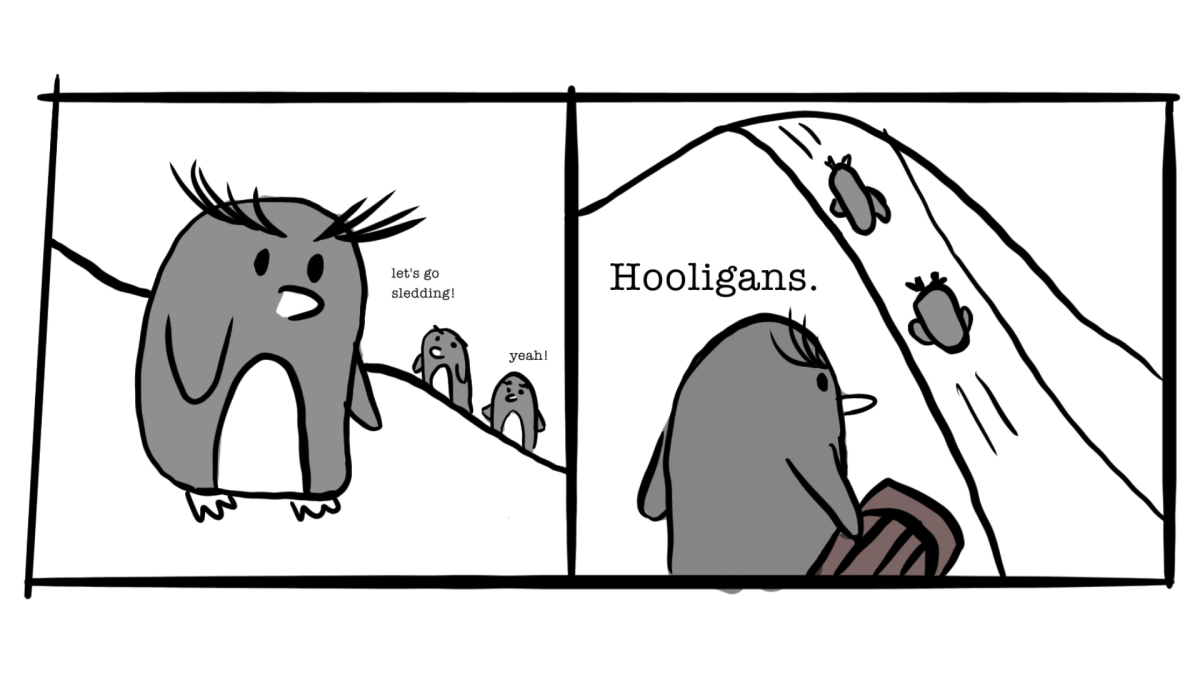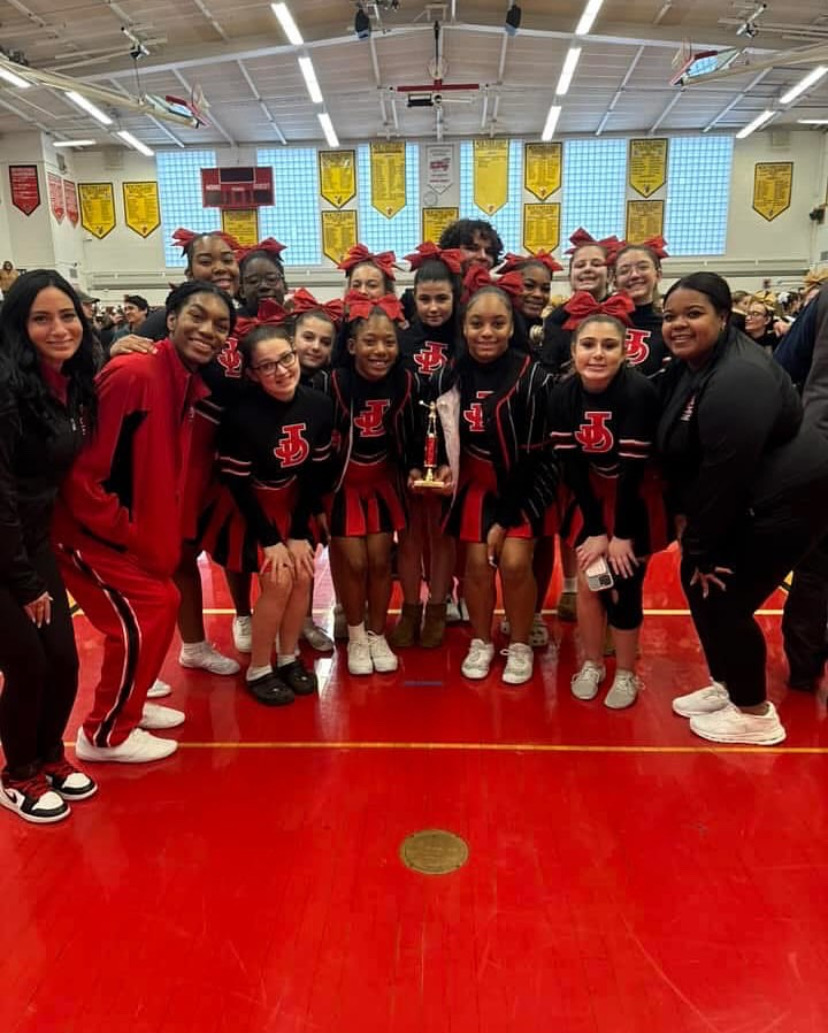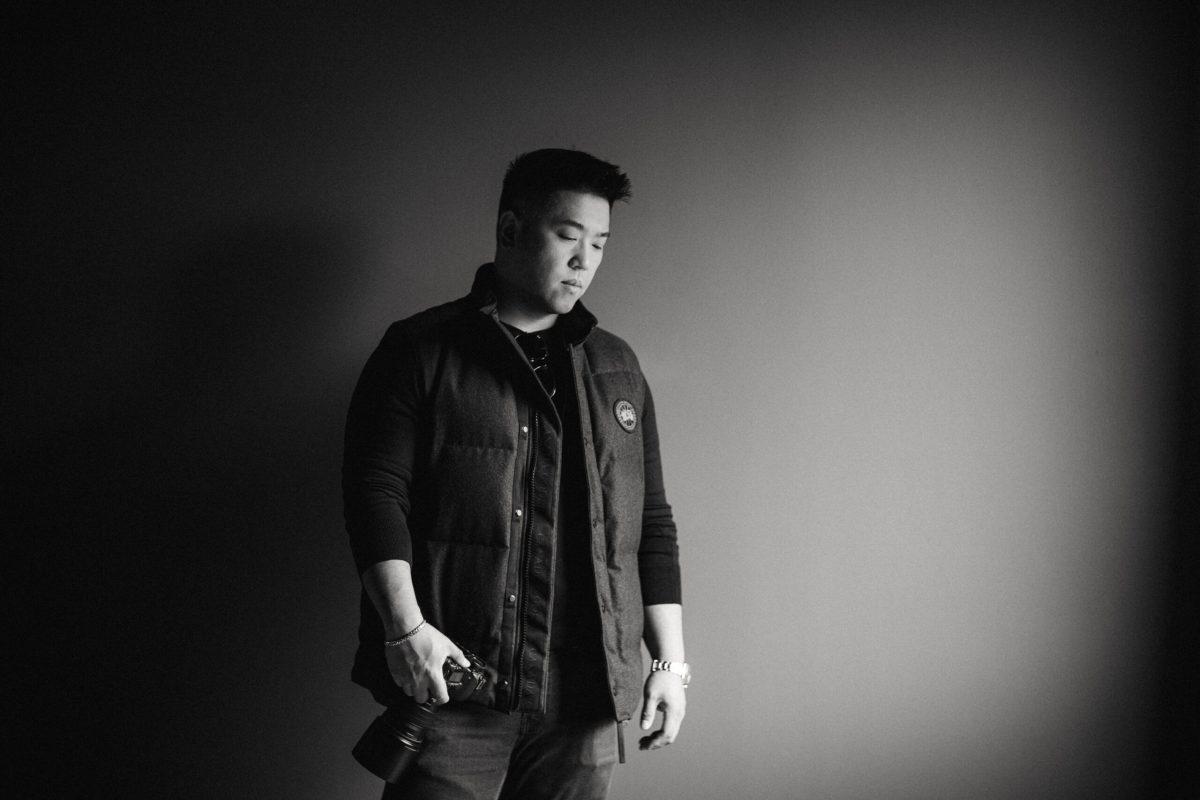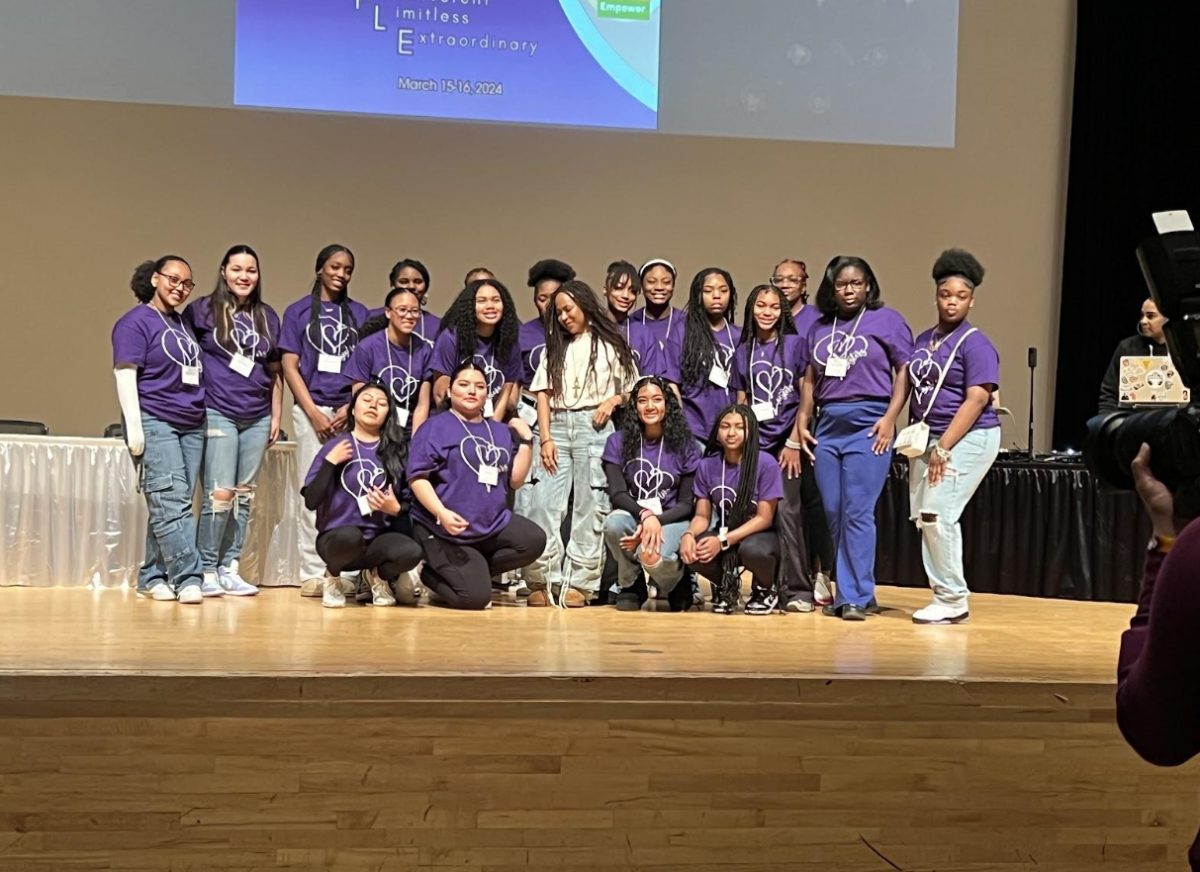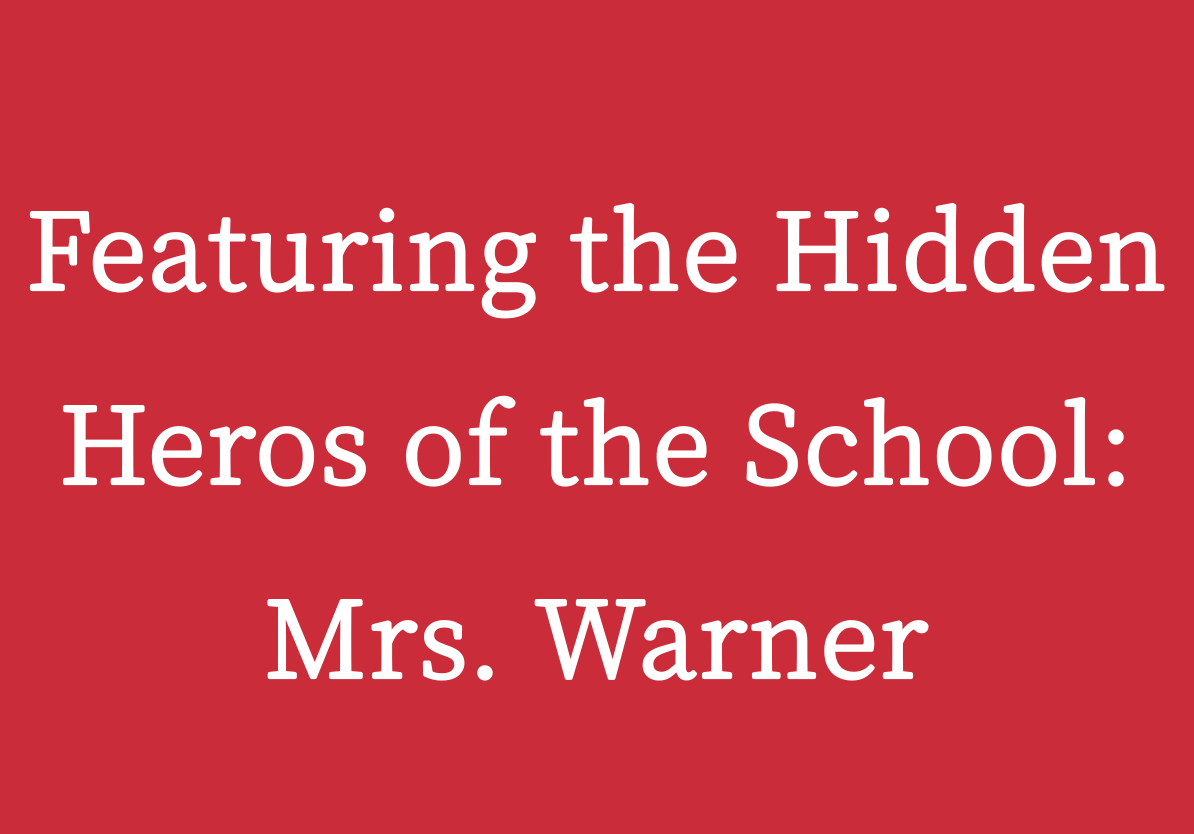When you think of a production studio, you probably think: harsh lights, minimalist decor, and that musty feeling of eating stale saltines. This, I can assure you, is everything the opposite that Solon Quinn Studios is. Before J-DHS’ February break, I, some dopey kid in Euphoria makeup, got the chance to tour the premises, interview the founder and namesake of the company, Solon Quinn, and ask probably the most convoluted question you can ask an entrepreneur: how did you get started?
According to Quinn, making movies was what he always wanted to do, even as early as first grade. Adopted from Seoul, South Korea as an infant, he went to high school at Bishop Ludden and Nottingham High School, then continued his schooling by studying film at the School of Visual Arts in New York City. This was where one of his teacher’s told him that if you want to make movies you can either stay in LA and work your way up or, if you have a supportive hometown, go back to make movies there. This became the idea for Quinn’s studio.
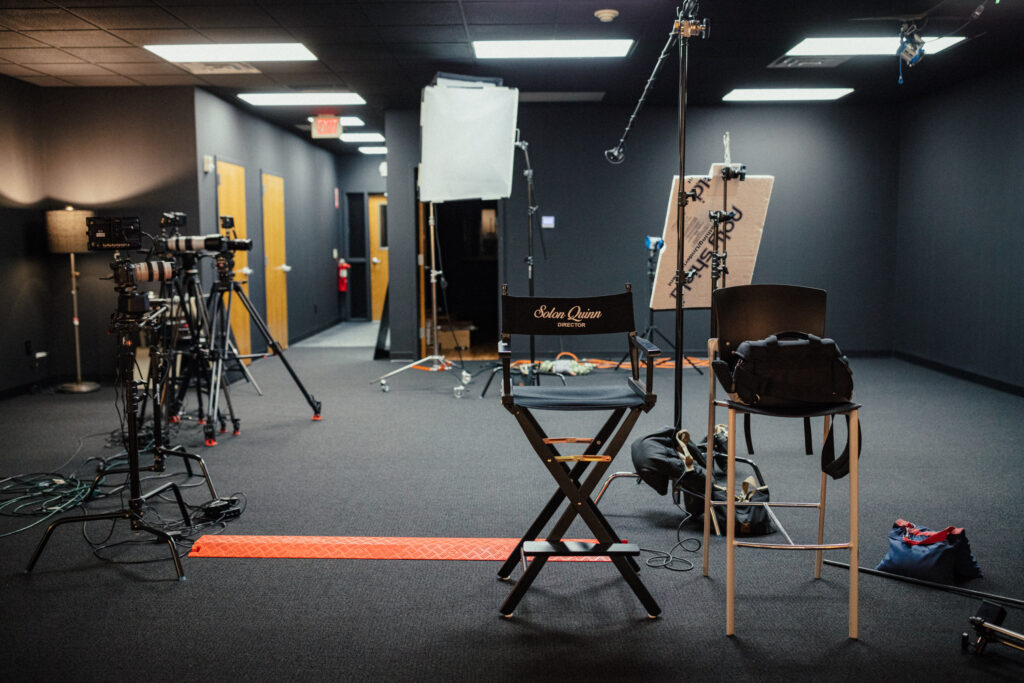
Started in 2008 and located in downtown Syracuse, Solon Quinn Studios was originally mainly a video production company but has evolved into a full-service digital marketing agency. The studio has created content for local hospitals, colleges, universities, Destiny USA, InterFaith Works of CNY, Kinney Drugs, Pathfinder Bank, Vera House, insurance companies, and miraids of other work, including some pro bono work with companies such as Peaks Coffee.
It would be easy to cloy you with more details of the company’s success, but this dedication to the craft is most shown in the growth of the company. Originally renting a room from the Tech Garden downtown from 2009-2017, the Studio now has its own location downtown, and is currently expanding into its upstair’s level. Quinn plans include: cultivating the rooms into a designated community area, an art gallery room featuring community member’s work who might not be able to expose at other venues, and of course, more production space, including a new photo studio and dressing room.
Quinn refers to the Salt Market and Happy Endings, a closed down Armory Square coffee shop from his youth, as inspiration for the community area. Quinn says, “I’d like more of a privatized version where people whom I trust and artists can come on certain days of the week and hang out, work, talk to each other… it’s not for the heavy drinkers, it’s not for the harsh business people who are just sectioned off to themselves, but it’s open to people who have healthy cores and love art.”
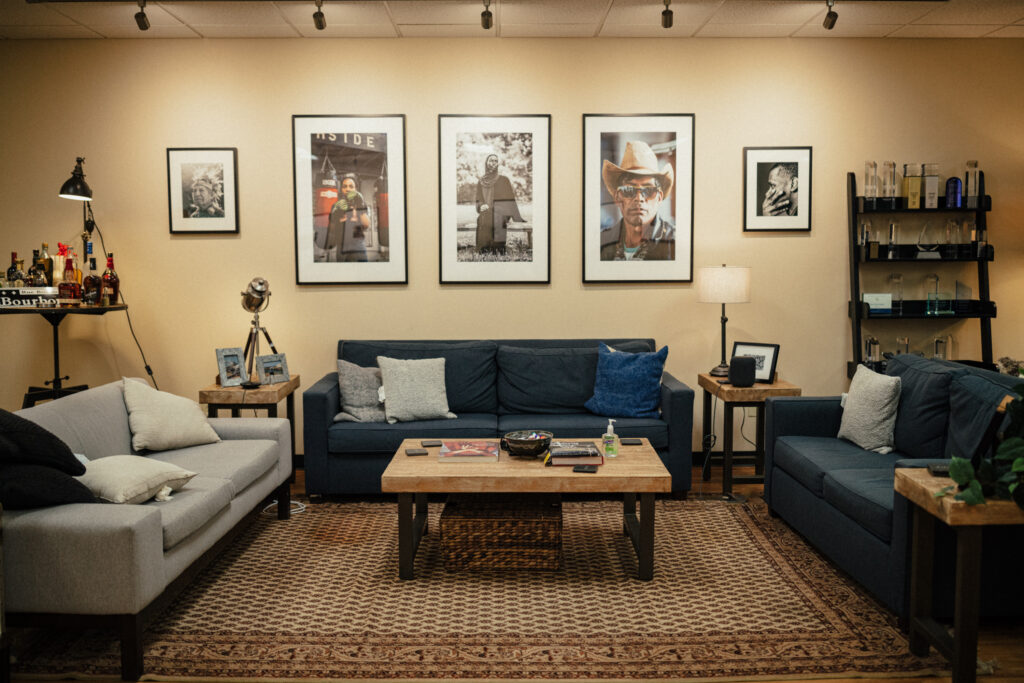
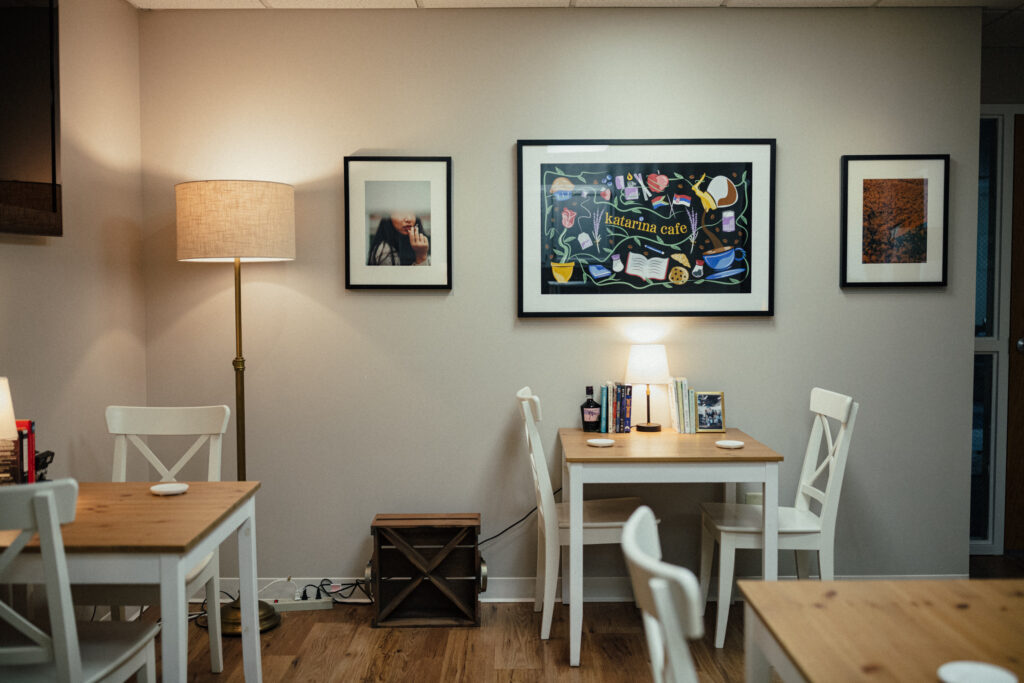
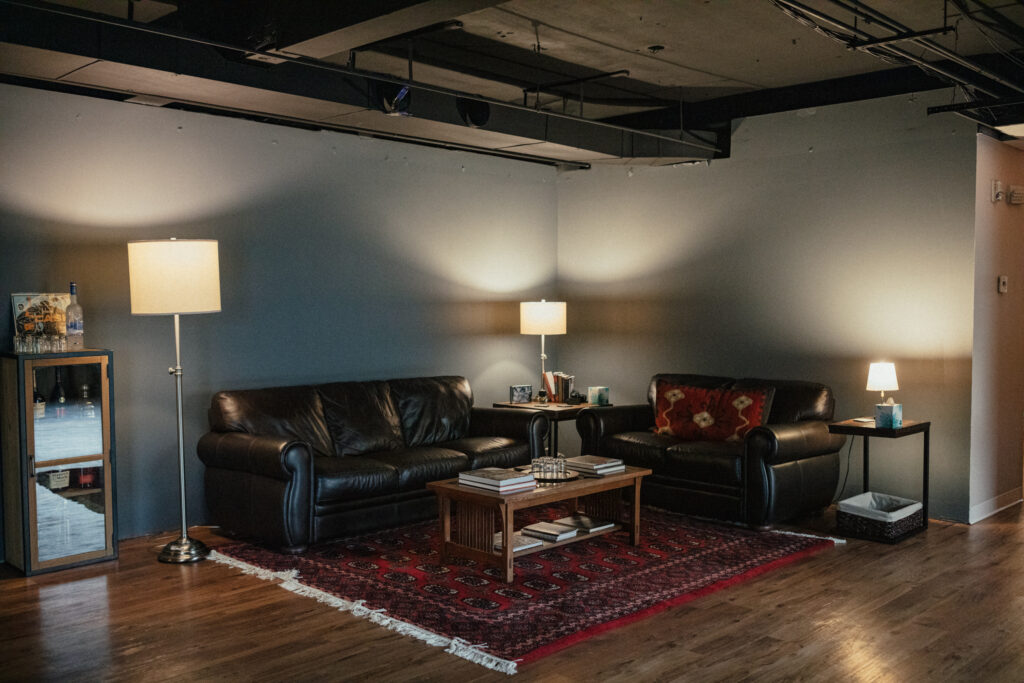
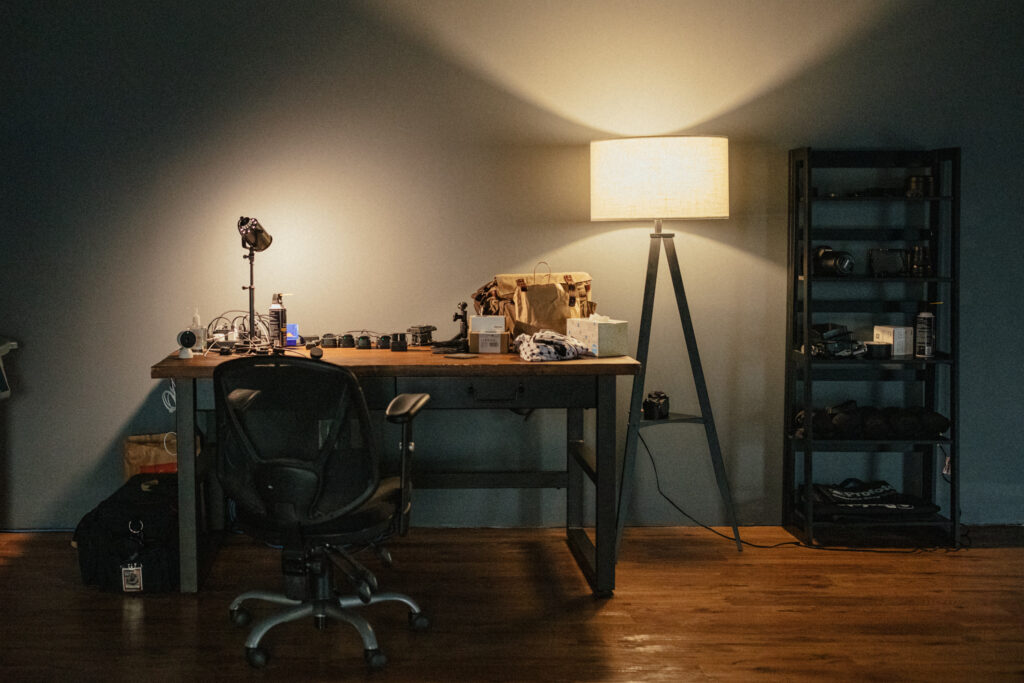
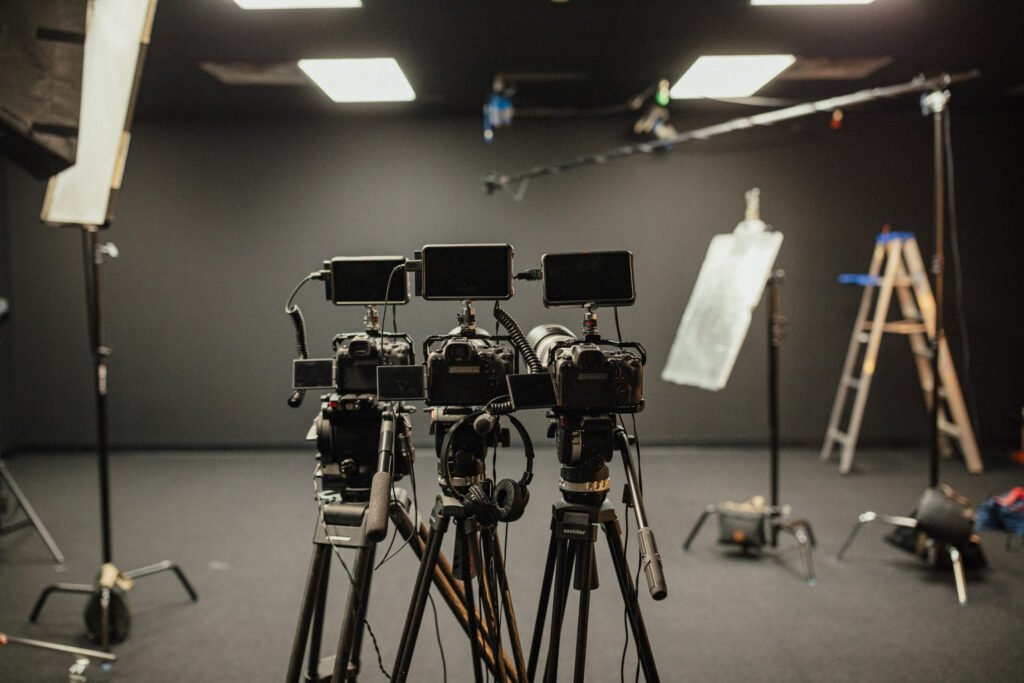
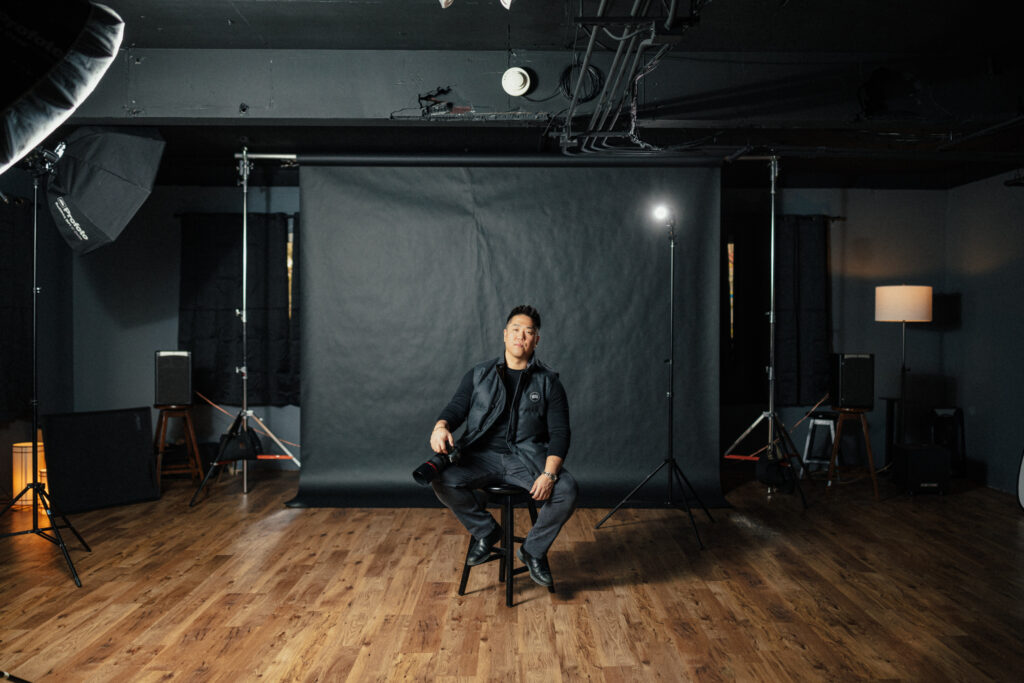
When asked about the film industry in Syracuse, Quinn said that he’s always kept his company separate from other entities, such as recently notorious American High Studio. He said that his philosophy towards his Studio, movie making, and life in general focuses on a healthy atmosphere, but one that is his own. “Everybody that I work with loves the work that they do and they would be doing this work whether it’s here or elsewhere… It takes a lot of trust, a lot of vulnerability, it takes a lot of knowing not to blur lines and take things personal, especially as a leader. I believe they’re all leaders in their own respect.”
Quinn’s passion for the arts goes beyond just filmmaking, as he does work with the Muslim community at Syracuse University and enjoys taking photos and running the social media for the North Side Learning Center in his free time. He even showed me a room upstairs being converted into a space for jiu jitsu and Muay Thai.
Among other hobbies, Quinn says passion projects are at the heart of his life, especially as he now has to relinquish control on his studio’s projects. “When I have free time I like to take a small business who I really enjoy the owners or the spirit of them, and I’ll do a project for free. Because we charge probably 5-8 times as much as other agencies, this then allows me to do passion projects.”
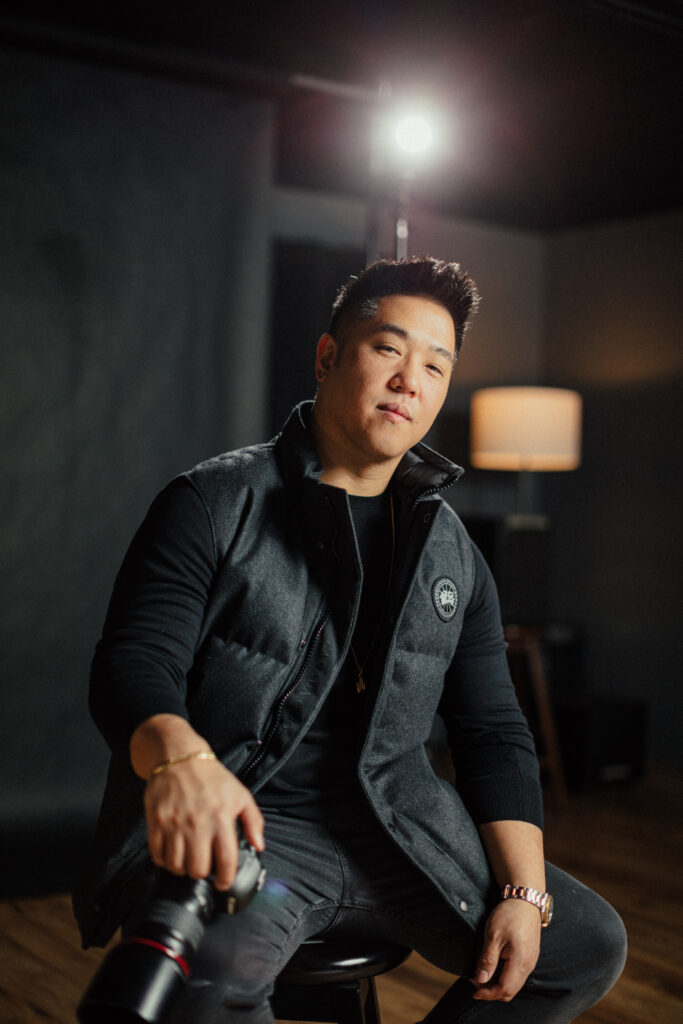
And yet despite (or maybe because of) this freedom that money has allowed his studio, he warns against being too focussed on money, “When you are focussed on money, you are not focused on what you’re creating, and that is death, because at the end of the day, money isn’t motivating. And the people that it is motivating too, they are not in the world of creative stuff; they are in the world where money is the main factor. Which is not to say that money is not important. And not to say that we have not had a lot of really wonderful people that have helped us along the way. If you don’t care about money, that’s also dangerous.”
So, how does an entrepreneur like him get started? Perhaps a sense of community, perhaps a bit of talent, perhaps a stronger work ethic than Conan the Barbarian‘s abs, and yes, perhaps money somewhere along the way. “I would rather have highs and lows than be steady across the board. That’s what I think being an entrepreneur is, if you want stability, don’t be an entrepreneur.”


